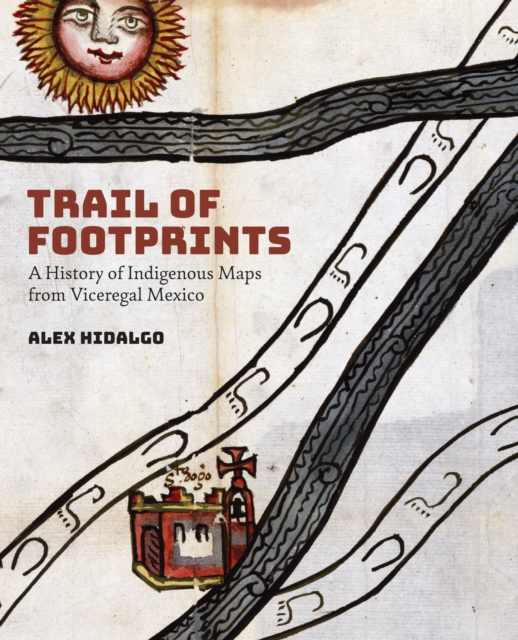CITESTE MAI MULT
Detalii
Descriere RO
Trail of Footprints offers an intimate glimpse into the commission, circulation, and use of indigenous maps from colonial Mexico. A collection of sixty largely unpublished maps from the late sixteenth to the eighteenth centuries and made in the southern region of Oaxaca anchors an analysis of the way ethnically diverse societies produced knowledge in colonial settings. Mapmaking, proposes Hidalgo, formed part of an epistemological shift tied to the negotiation of land and natural resources between the region's Spanish, Indian, and mixed-race communities. The craft of making maps drew from social memory, indigenous and European conceptions of space and ritual, and Spanish legal practices designed to adjust spatial boundaries in the New World. Indigenous mapmaking brought together a distinct coalition of social actors--Indian leaders, native towns, notaries, surveyors, judges, artisans, merchants, muleteers, collectors, and painters--who participated in the critical observation of the region's geographic features. Demand for maps reconfigured technologies associated with the making of colorants, adhesives, and paper that drew from Indian botany and experimentation, trans-Atlantic commerce, and Iberian notarial culture. The maps in this study reflect a regional perspective associated with Oaxaca's decentralized organization, its strategic position amidst a network of important trade routes that linked central Mexico to Central America, and the ruggedness and diversity of its physical landscape.
EdituraUniversity of Texas Press
Dimensiuni221 x 271 x 16
Data Publicarii10/07/2019
Format
Cartonata
Numar pagini184
Aceasta este o carte in limba engleza. Descrierea cartii (tradusa din engleza cu Google Translate) este in limba romana din motive legale.
Trail of Footprints ofera o privire intima asupra comenzii, circulatiei si utilizarii hartilor indigene din Mexicul colonial. O colectie de saizeci de harti in mare parte nepublicate de la sfarsitul secolelor al XVI-lea pana in secolul al XVIII-lea si realizate in regiunea sudica a Oaxaca ancoreaza o analiza a modului in care societatile etnice diverse produceau cunostinte in medii coloniale.

